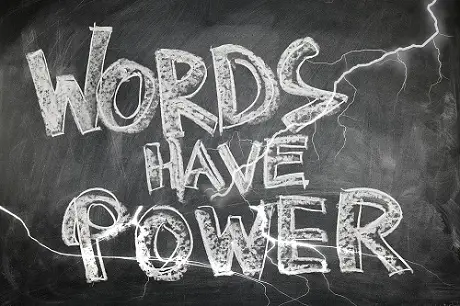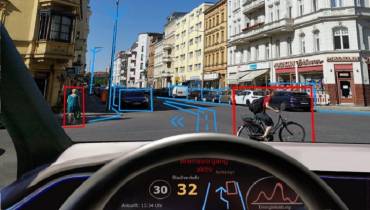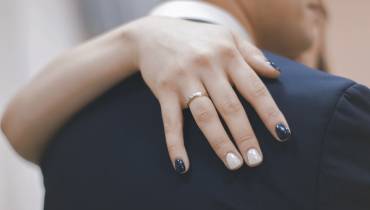4 “Magic Words” That’ll Make You More Persuasive

Wouldn’t it be great if you could be more persuasive?
Imagine all the doors and opportunities that would suddenly open up for you if it were possible to ask people to do things for you and actually see them to do it for you?
As a writer, honing your persuasive skills could mean you are able to capture the hearts and minds of readers, and draw their unwavering attention and devotion. You would be able to meet the needs of fans and followers in a way that truly speaks to them.
And if you are an entrepreneur, it could mean more client acquisitions and closed deals for you because you’d be able to convince people to support you and your business. You would be more influential in your target market and maybe even convert your most avid critics to vouch for you.
Researchers have determined that the words "but you are free" can actually help you become more persuasive.
But You Are Free (BYAF) Persuasion Technique

According to Christopher Carpenter, associate Professor of Communication, Western Illinois University, who conducted a meta study of worldwide research on BYAF, reminding people they have the freedom to choose makes them much more likely to be persuaded.
So, after making a request, simply add “but you are free to choose” to subtly persuade people to do what you want them to do. Carpenter’s meta-analysis of 42 studies of the effectiveness of this technique indicated that it is an effective means of increasing compliance rates in most contexts.
These four “magic” words may be simple, but they are surprisingly effective at getting people to do what you want, while also making them like you a little more at the same time.
"One of the experimenters approached individuals walking alone in a shopping mall in France,” Carpenter wrote in his analysis of the research on the BYAF technique. “In the control condition, the experimenter made a simple direct request: 'Sorry, Madam/Sir, would you have some coins to take the bus, please?' In the experimental condition, the experimenter added: 'But you are free to accept or to refuse.'
"Those in the experimental condition were substantially more likely to comply with the request. Moreover, those who gave in the experimental condition gave twice as much as those in the control condition," observed the researcher. The wording of the magic phrase doesn't really matter. Guéguen and Pascual also tried "but obviously do not feel obliged" and found that to be just as effective as “but you are free to choose.”
"The factor most consistently emerging has been the importance of verbally recognizing the target's freedom to say 'no'," explained Carpenter in the meta-analysis that involved 22,000 participants.
Commit the BYAF technique to memory now—it can double your persuasive powers. BYAF has been found effective regardless of type of request, but it seems to work very well in more altruistic requests. For example, you can use BYAF on potential clients/pitches with good result.
Have you used the BYAF technique of persuasion? Tell us what you think about this technique in the comments section below.
See Also: Words are Loaded: Why The Wall Street Journal Editor Limited Use of ‘Majority Muslim’ Country.

























